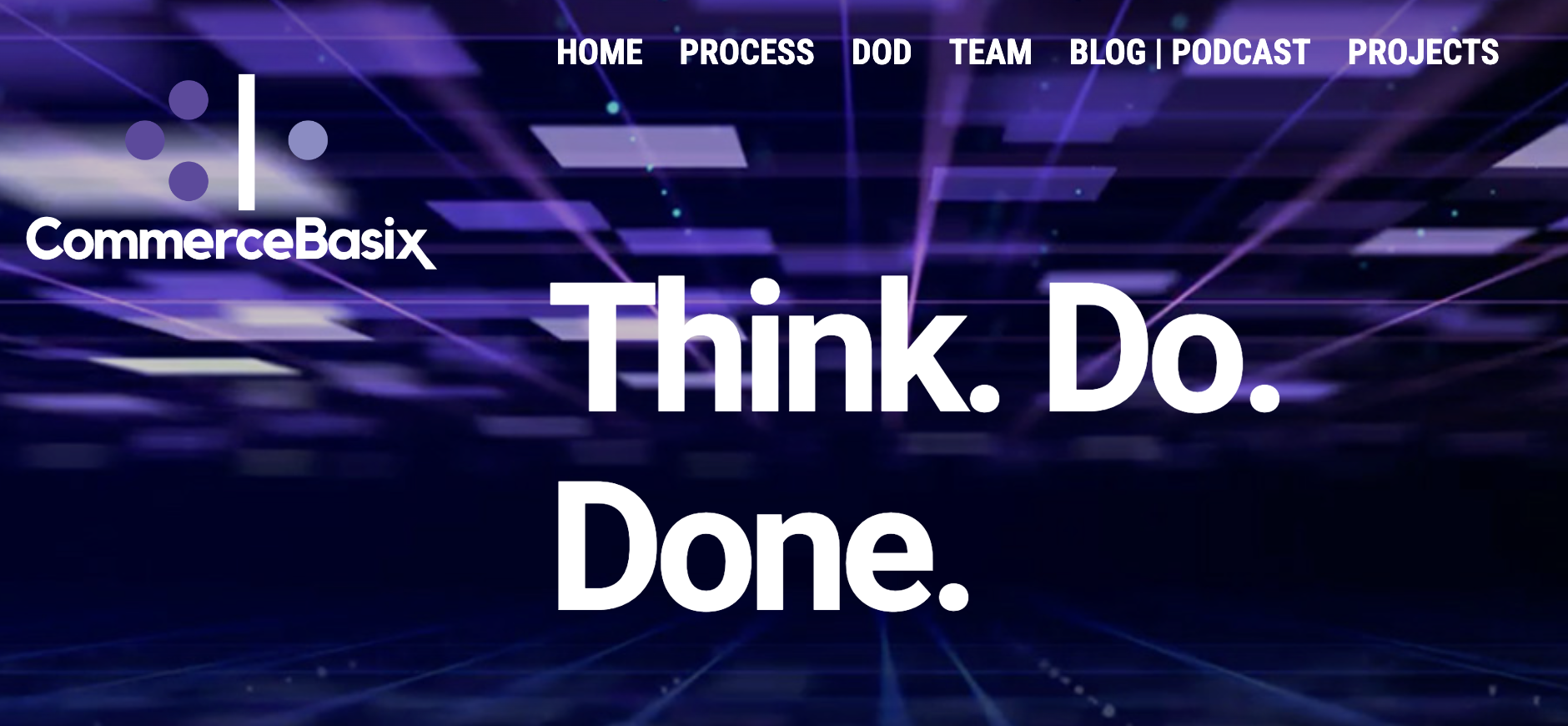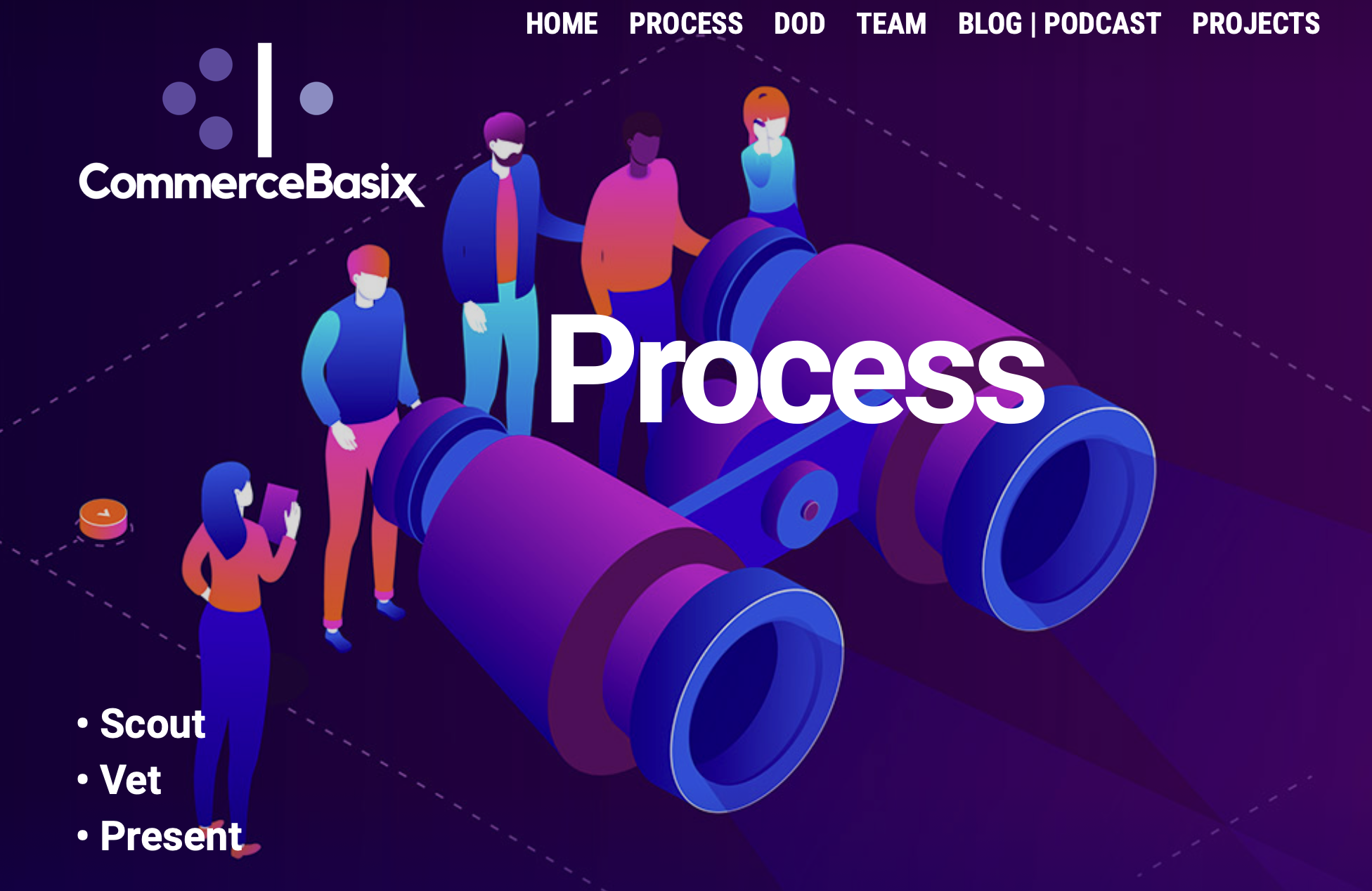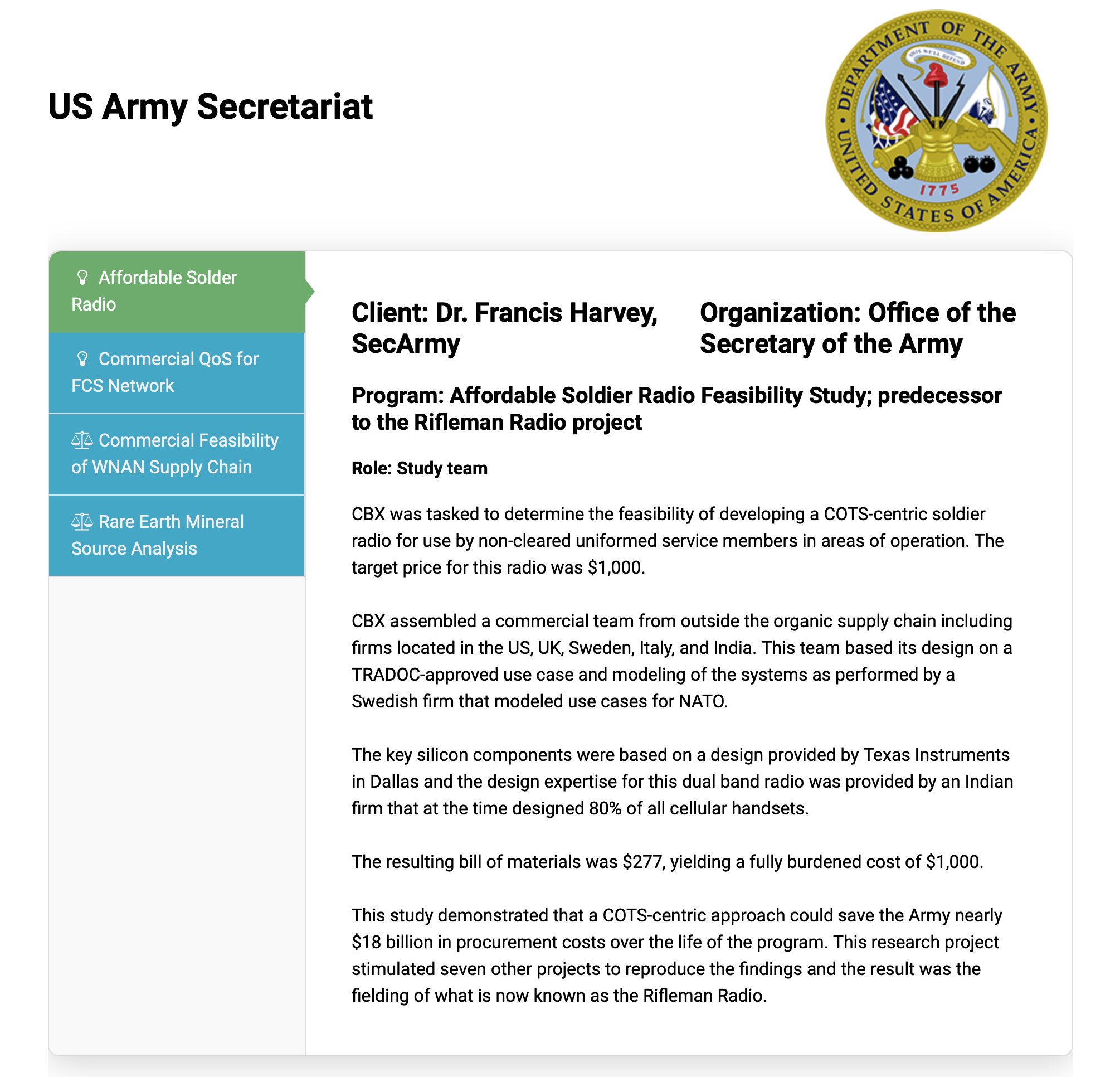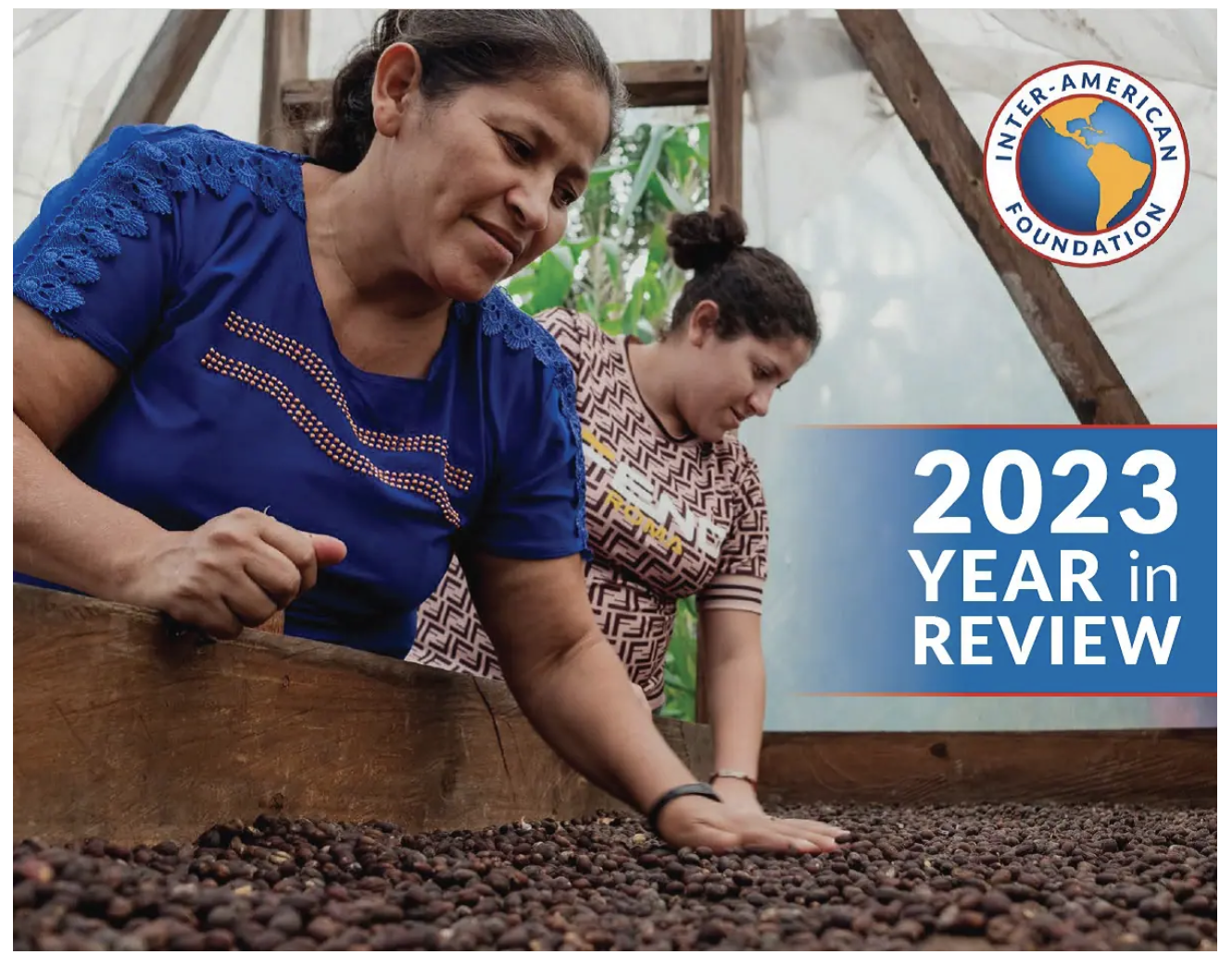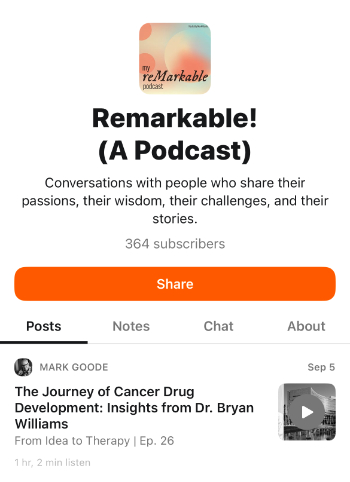Entrepreneur
Mark Goode
Background regarding my experience and skills
Executive Summary
Experience
I have over four decades of experience in launching, scaling, and exiting startups. This includes experience in business model ideation, assembling a founding team, defining the MVP (Minimum Viable Product), developing, with the team, the business plan (financial plan, pitch deck, due diligence documents), raising capital (seed round, Series A, Series B, Series C), acquiring early adopter customers (that help rationalize the startup's value proposition), building sales momentum, and then exits (all three of my externally funded startups were sold to other firms).
I am also an experienced management consultant who has provided guidance to:
Skills
My skills include the following; I can perform these individually or I can teach or lead others to do these as well:
Externally Funded Ventures
These ventures were funded by raising capital from external sources including high net worth investors, family offices, venture capitalists, corporate investors, and private equity funds. Below are the details of each venture including the business model, capital raised, and exit.
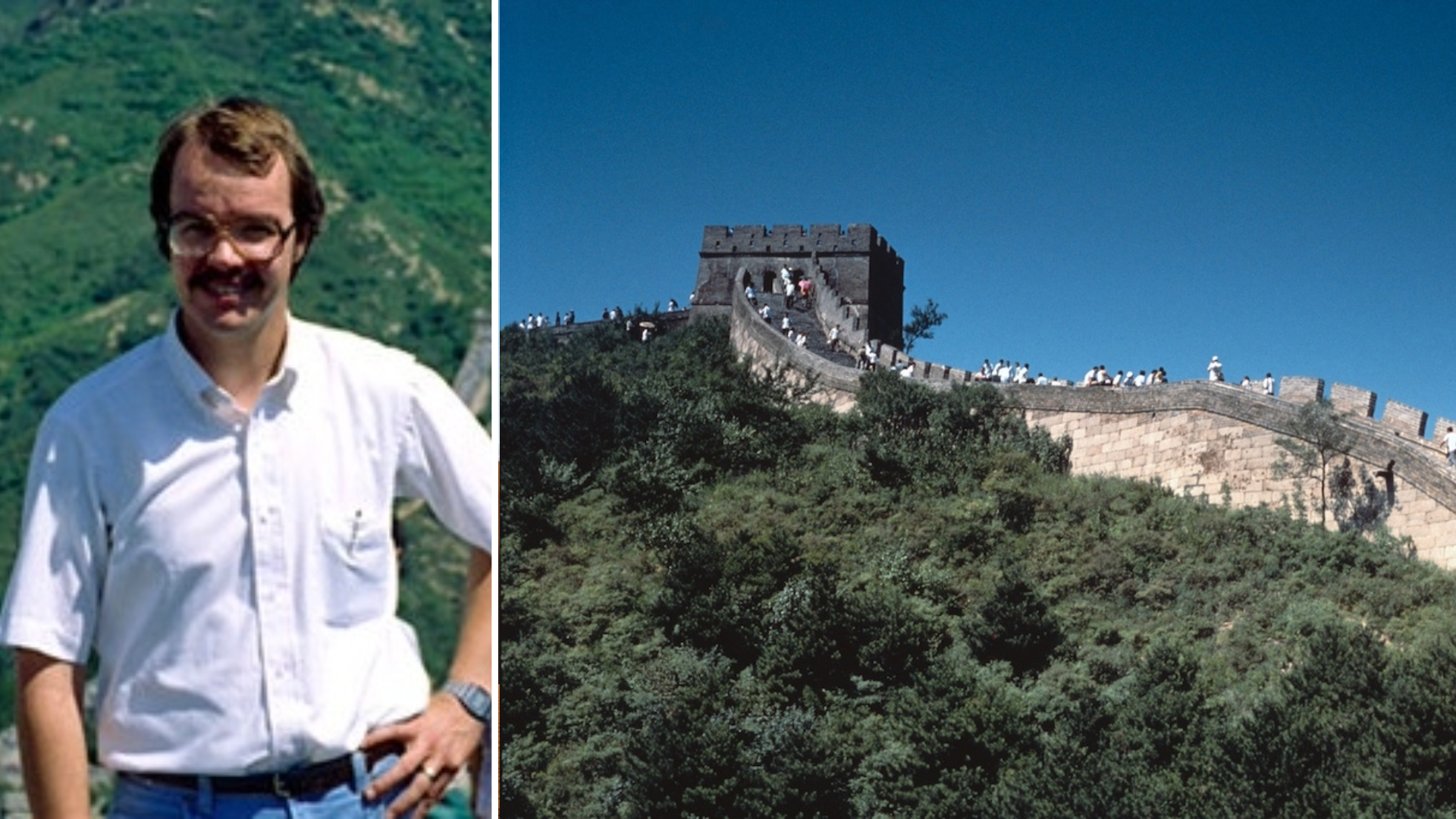
Sinotech was a business based in Dallas and Beijing. The business focus was to use low cost labor at Xingua University to operate a data entry services bureau, in exchange for which Xinghua would have "off hour" use of the computer for its computer lab. The seed capital was raised from a high net worth individual in Dallas and the business plan was developed with coaching from an individual who used to support the SVP, Strategic Plans, Gulf Oil. Since China had only opened up for investment two years prior, there were no computer vendors selling into the country. So, part of our early business development efforts required us to convince a German data entry services computer vendor (Nixdorf) to sell us a computer for use in Beijing and to service it out of Hong Kong.
I flew to Beijing in September 1980 and negotiated a definitive agreement with Xinghua University with oversight from a "Princeling," a son-in-law of one of the generals, which was part of Mao Zedong's officer corps.
The venture was scaled and then sold to Trammel Crow, a billionaire real estate developer interested in owning a China-based venture, which provided him a point of entry into the then nascent Chinese marketplace.
Micronyx was a computer engineering services organization interested in transitioning into a product-based firm. I led a team that developed a family of PC security products, named Triad, Triad Plus, and TriSpan. These products were sold in the US and I opened an office in Milton Keynes, UK to distribute the product to both UK clients (including the Britsh Army on the Rhine and the Prime Minister's Office) and clients in Australia.
The team that developed the product submitted a patent application, which was awarded in 1987. The capstone product, TriSpan, was submitted to the National Computer Security Center (a department of the National Security Agency) and a formal evaluation was published in 1989. TriSpan was the first product to achieve this level of evaluation.
We raised $6 million in capital from high net worth investors, family offices, and eventually from Merrill Lynch's Chief Information Officer's office. The product and its technology were sold to Symantec in 1990.
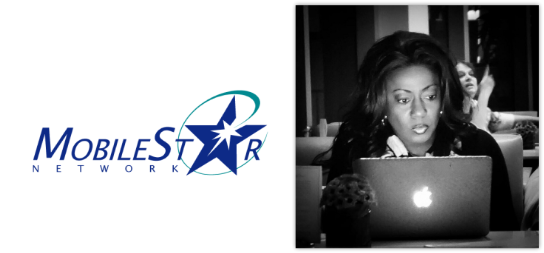
I cofounded MobileStar Network in 1998. It was the first wireless ISP to place a Wi-Fi hotspot in an airport, a hotel, or a coffee shop. MobileStar's core value proposition was to provide wireless broadband connectivity for the business traveler in all the places s/he was likely to "sleep, eat, move, or meet." I coined the now industry standard expression "hotspot," as a reference to a location equipped with an 802.11 wireless access point. When I met with Howard Schultz, CEO of Starbucks, to close the agreement, he remarked that "I don't think anyone will go to a Starbucks simply to check their email." But he agreed to sign the agreement because we funded the network deployment.
We raised over $60 million in equity and $20 million in debt to finance the venture. The initial investors were Dallas-based high net worth investors and two corporate strategic investors: Proxim and Comdisco ($2 million each). The Series A financing of $15 million was funded by Main Street Capital, a private equity firm based in NYC. The Series B financing of $38 million was led by the Mayfield Fund and included Blueprint Ventures and Norwest Ventures.
We were raising our Series C round when the terrorists struck the World Trade Center and the Pentagon on 9/11. The capital markets were already closing down but this attack not only shut down the capital markets but dampened the willingness of business travels to fly. Since our principal market was the "road warrior" the board decided to sell the venture in October 2001. Deutsche Telekom purchased the company and rebranded the service as T-Mobile Hotspot. They finished deployment of the network, scaled the footprint, and built upon the value proposition we had crafted in 1998.
Management Consulting
I have consulted to private sector organizations ranging in size from startups to multi-billion dollar established enterprises.
When working with startups, I have assisted them in business ideation, crafting their business plan, developing their funding strategy, and assisting them in "going to market" with their product or service. These clients included firms that:
- Use AI to inform clients of supply chain disruption issues
- A SaaS company that helps clients determine the most efficient pathways for microwave routes
- A company that has developed and patented a distributed data management system that blends cryptography and block chain for an object-oriented database system
I have also consulted to larger enterprises. Two engagements of note:
- Assisting a second tier handheld device manufacturer leverage their IP portfolio to secure low cost display technology (from Sharp Corp in Osaka, Japan) to lower their COGS
- Assisting a semiconductor manufacturer negotiate a IP cross licensing agreement with an industry leader to avoid litigation and ensure steady access to market leading innovation
From 2002 until 2013, I was a General Partner in a consulting firm, CommerceBasix, that provided services to the U.S. Department of Defense and the Inter-American Fund, a public private partnership based in Washington D.C.
Our principal DoD client was the Department of the Army, ranging from the Secretary of the Army, Dr. Francis Harvey, to the Natick Soldier Systems Center.
Because my partner and I had worked extensively in the private sector, we leveraged that experience - and understanding of startups and innovation - in our work for our DoD clients. Click on the image to the right to read about our three step process in detail.
On this page, we list 13 of our top projects and engagements. These include two projects (Affordable Soldier Radio and Vehicle Gas Consumption Analysis) that saved the Army $1 billion each in costs, one (Source Selection Evaluation of FFW Program) which introduced private-sector style due diligence to the process of evaluating two supply teams, each competing for a nearly $200 million contract, the evaluation of private sector technologies available to be used as a soldier-worn Body Personal Area Network, and many more.
I was also nominated by the Secretary of the Army to serve on the Army Science Board and specifically on the subcommittee working on advanced wireless communication systems.
The Inter-American Foundation was established by the FedGov in 1969 as a vehicle for investing Congressionally appropriated funds into startup ventures in Latin America. The reason for this is to assist in creating "economic and social anchors" that would not only improve the standard of living of the citizens but also bring much needed safety and stability to the region.
We were hired to explore and then develop the business plan for a $100 million impact investing fund that would complement the Congressional appropriation. We developed the plan and obtained commitments for $30 million in investments before the IAF Board decided to move in a different direction. What we and our client learned was that a staged and phased impact investment fund did have market traction.
In April 2024 I launched a podcast titled "ReMarkable!". Based on the idea that there are many remarkable and inspiring stories that have never been told, I have interviewed a number of people. Several are entrepreneurs with great stories. These include:
* Chris Gay , founder of Evry Health, a health insurance startup (that's fully funded!)
* Kristina Goode-Crook, co-founder of MarketSteer Steakhouse, a fine dining restaurant in Santa Fe, NM.
* Two entrepreneurs based in Shaker Heights, Saidah Farrell and Sahithya Wintrich, that are building businesses around food products.
* Jo Byrne, who has developed a business around "visual recording" of meetings.
* Dr. Bryan Williams, a world-renown cancer researcher and entrepreneur.
